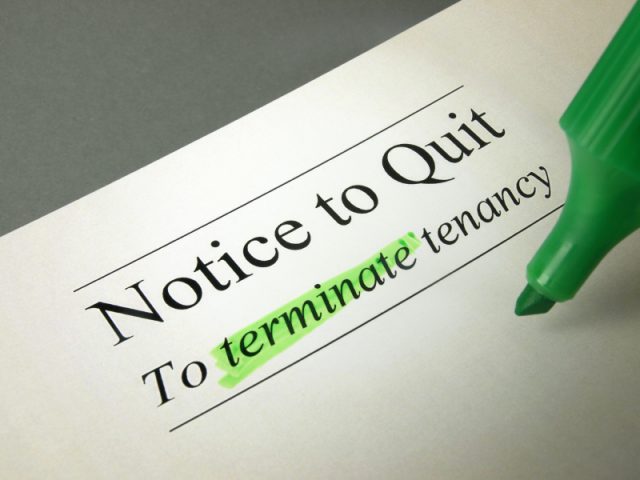Expert Says Official Guidance on Revenge Evictions Contradicts the Law
Yesterday, ministers published new guidance for the private rental sector, stating that tenants will be able to avoid eviction by complaining about repair issues to the local authority, without telling the landlord or letting agent.
The landlord or agent would not be aware of any issue and thus could not address the problem before the renter instead goes to the local authority.
If the local authority decides to address the issue, the tenant cannot be served with a section 21 notice for six months, at which point the landlord or agent would learn of the problem.
The allegedly flawed guidance on revenge evictions was described by a lettings expert as “ludicrous”.
He believes the guidance contradicts the legislation.
The footnote to the new guidance reads: “Where the local authority has served an improvement notice or notice of emergency remedial action, the tenant is protected from eviction for six months from the date of service of that notice, regardless of whether they raise the issue with the landlord first.”
However, the law states that the tenants should raise repair issues first with the landlord or agent, who must then give a quick response.
Only if there is no response, or an inadequate one, the tenant can go to the local authority, which might then serve a notice.
The Director of Fixflo – which specialises in reporting repairs – Rajeev Nayyar, says he could not believe what he read in the guidance footnote.
He says: “If the tenant does not have to tell the landlord or agent of a repair issue, how are they expected to remedy a problem they know nothing about?”
He believes that the new guidance is incorrect, “with the potential to lead tenants, landlords and agents, with severe consequences.”
He adds that the guidance seems to have been rushed.
Nayyar continues: “The provisions are premised on the fact that a landlord should not serve a section 21 notice in retaliation for tenants requesting a repair.
“As such, the notification of a repair request by the tenant to their landlord is both conceptually and factually a necessary part of any section 21 process that could be considered retaliatory.
“The guidance states that if the local authority has served an enforcement notice or emergency remedial action notice then a tenant will be provided with protection from eviction for six months from the date of notice irrespective of whether they have first raised the issue with their landlord.
“This conflicts with the legislation, other sections of the guidance and common sense.
“If followed, it has the potential to mislead tenants as to their rights, and agents and landlords as to the necessary steps to better protect their position in light of the change in law.”1
The footnote is footnote 9 on page 9: https://www.gov.uk/government/publications/retaliatory-eviction-and-the-deregulation-act-2015-guidance-note







